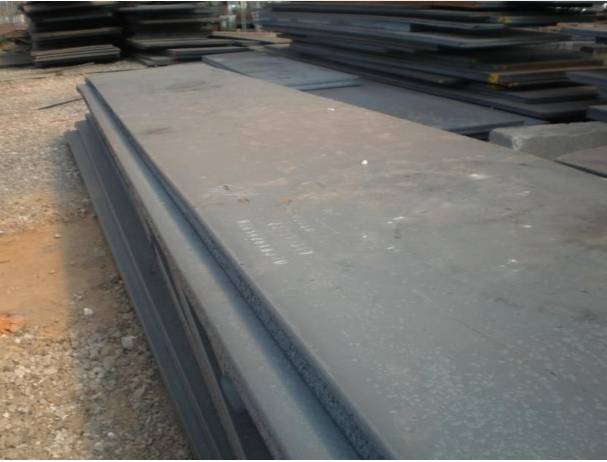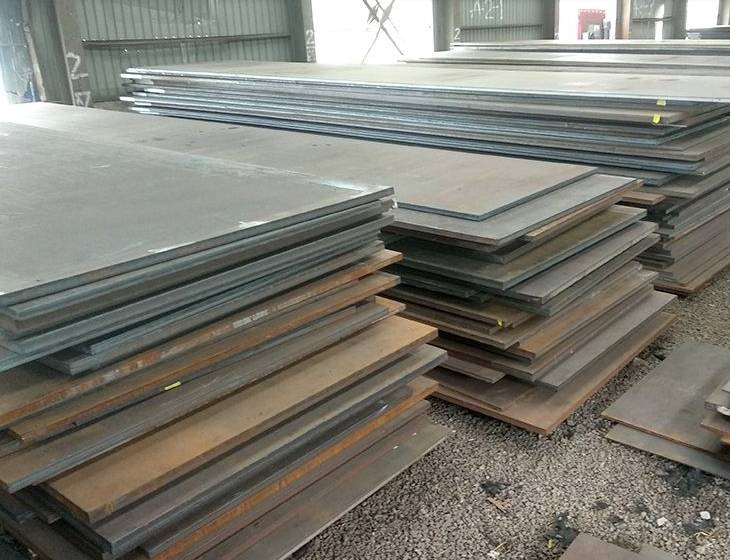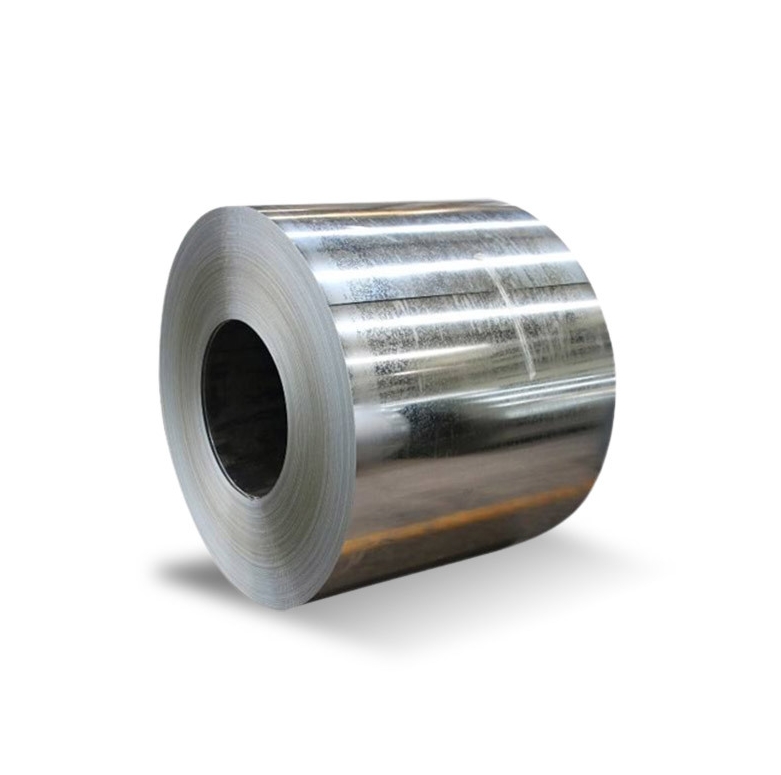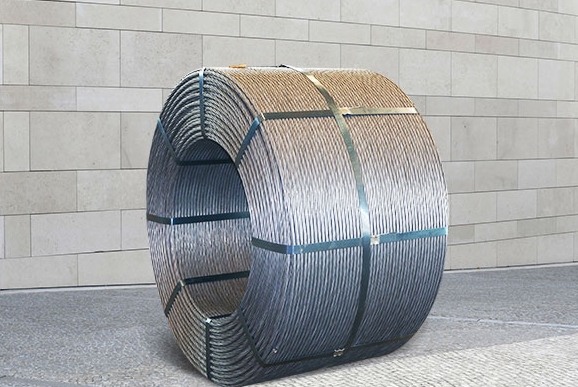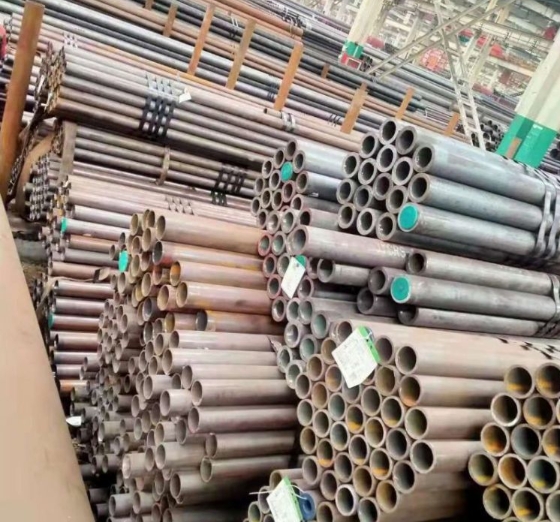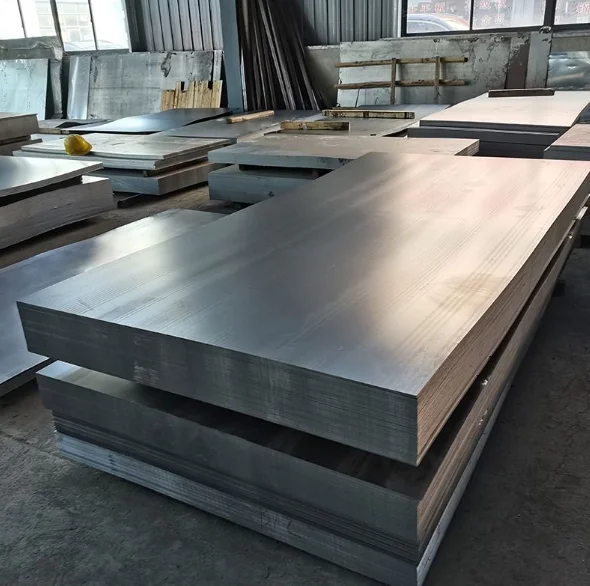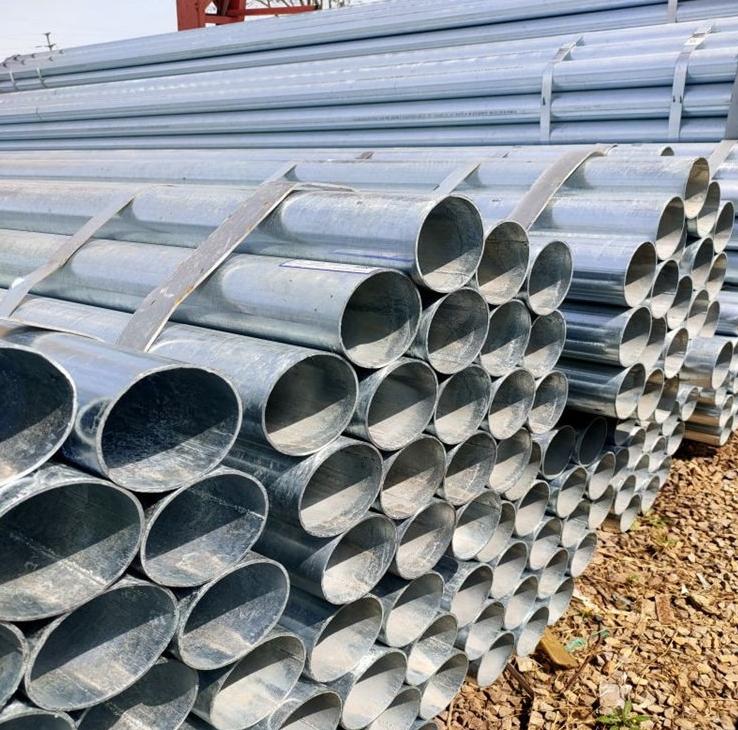Why 2-Inch Carbon Steel Plates Drain Your Budget
Global demand for 2-inch carbon steel metal plates is projected to grow 6.8% annually through 2026 (Steel Procurement Journal, 2025). Yet 37% of buyers overspend due to hidden costs like rework and logistics delays. Let’s cut through the noise and reveal cost-saving strategies that work.
⚠️ Warning: Suppliers offering “ASTM A36-certified” plates without heat number traceability often deliver subpar materials. I once received plates with 0.32% carbon content—way above the 0.26% limit—forcing a $14k weld repair.
3 Cost Traps in Steel Plate Procurement
1. Fake Mill Certificates
Authentic 2-inch carbon steel metal plates require detailed MTRs (Mill Test Reports) showing:
- Heat Number: Matches melt batch
- Impact Test Data: -20°C Charpy V-notch ≥20 Joules
Reputable mills like Great Lakes Steel provide blockchain-verified certificates.
2. Thickness Roulette
Even 0.05” deviations cause structural failures. Insist on suppliers using ultrasonic thickness mapping systems that guarantee:
- Uniformity: ≤±0.03” across 8’x20’ plates
- Flatness: <0.1” camber per 10’ length.
3. Shipping Rust
Untreated 2-inch plates develop surface pitting within 14 days in coastal areas. Demand VCI (Vapor Corrosion Inhibitor) packaging or hot-dip galvanizing.
Supplier Showdown: Traditional vs Tech-Driven Mills
| Factor | Supplier A | Supplier B |
|---|---|---|
| Price/ton | $1,240 | $1,310 |
| Lead Time | 50 days | 22 days |
| MTR Access | Email PDFs | Real-time API |
| Tolerance | ±0.125” | ±0.04” |
| Rust Warranty | 30 days | 180 days |
Pro Tip: Supplier B’s 22-day turnaround saved our bridge project 18 workdays despite the 5.6% higher upfront cost.
5-Step Blueprint for Smart Buying
- Test Before You Invest: Order 24”x24” samples for spark/chemical analysis
- Decode Pricing: Scrutinize “FOB Mill” quotes—confirm inland transport fees
- Batch Splitting: Split large orders into 5-ton lots to verify consistency
- Rust Insurance: Negotiate 1.5% refund for pitting within 90 days
- Bulk Hacks: 50+ ton orders get 8% discounts at tech-driven mills
⚠️ Myth Buster: “All ASTM A36 plates are equal” is false. A 2025 study found 19% variance in yield strength between mills (SteelTech Today).
Case Study: How a Shipyard Saved $217k
A Louisiana marine contractor reduced material waste by 29% using AI-optimized nesting for 2-inch carbon steel metal plates. Key wins:
- Laser-Cut Precision: 0.03” tolerance vs. traditional 0.15”
- Blockchain MTRs: QC time dropped from 8 hrs to 25 mins per batch.
The Silent Budget Killers
24% of “discounted” plates fail ultrasonic thickness tests (Steel Quality Monitor, 2025). Watch for:
- Blended Batches: Mixing prime/scrap steel
- Ghost Certifications: Generic MTRs without heat numbers
- Bait-and-Switch: Subbing A36 with cheaper A569 steel.
Checklist for Risk-Free 2-Inch Plate Orders
✅ Verify laser/plasma cutting (no oxy-fuel torches)
✅ Measure thickness at 5+ points with digital calipers
✅ Confirm MTR alignment with ASTM A36/AISI 1018
✅ Test weldability via 1” T-joint samples
✅ Negotiate 3% overage for CNC nesting loss
Future-Proofing Your Steel Procurement
By 2027, 62% of mills will adopt smart tags with NFC-enabled thickness maps8. Innovations to watch:
- AI-Powered Nesting: 98% material utilization
- Graphene Coatings: 5x rust resistance boost
Pro Insight: We trialed smart-tagged 2-inch carbon steel plates last quarter. Defect rates plummeted from 7.2% to 0.8%.


